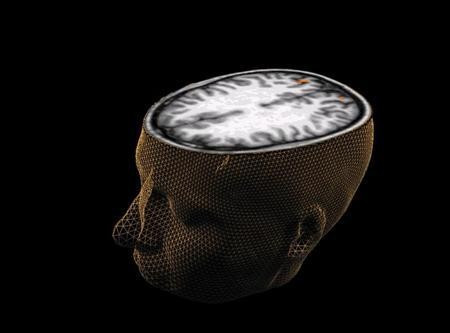Scientists Discover New Area of Brain that Could Help in Alzheimer's Fight

A team of Australian scientists have found a previously undiscovered area of the brain, which could help in the battle against Alzheimer's and panic disorders.
The newly discovered area, which has been called prostriata, is situated in a primitive part of the cerebral cortex. Scientists at Melbourne's Monash University made their discovery by chance during the development of a bionic eye.
The researchers believe prostriata provides ultra-fast responses to images detected in a person's peripheral vision, and transmits information to those areas of the brain which regulate attention, motor reaction, and emotional response.
Based on this belief, the researchers suggest that anxiety disorders such as agoraphobia could be wholly or partly attributable to a hyperactive prostriata. They also speculate that the prostriata is the first area of the brain to atrophy in cases of Alzheimer's.
Prof Marcelo Rosa, who led the study at Melbourne's Monash University in tandem with Dr Hsin-Hao Yu, said: "This area [of the brain] is likely to be hyperactive in panic disorders, [such as] agoraphobia.
"Correlation with previous studies also shows that prostriata is one of the first areas affected in Alzheimer's disease. This knowledge helps to explain spatial disorientation and the tendency to fall, which are among the earliest signs of a problem associated with Alzheimer's."
Dr Yu added that the findings "change how we think of the brain in terms of how visual information is processed."
© Copyright IBTimes 2025. All rights reserved.





















